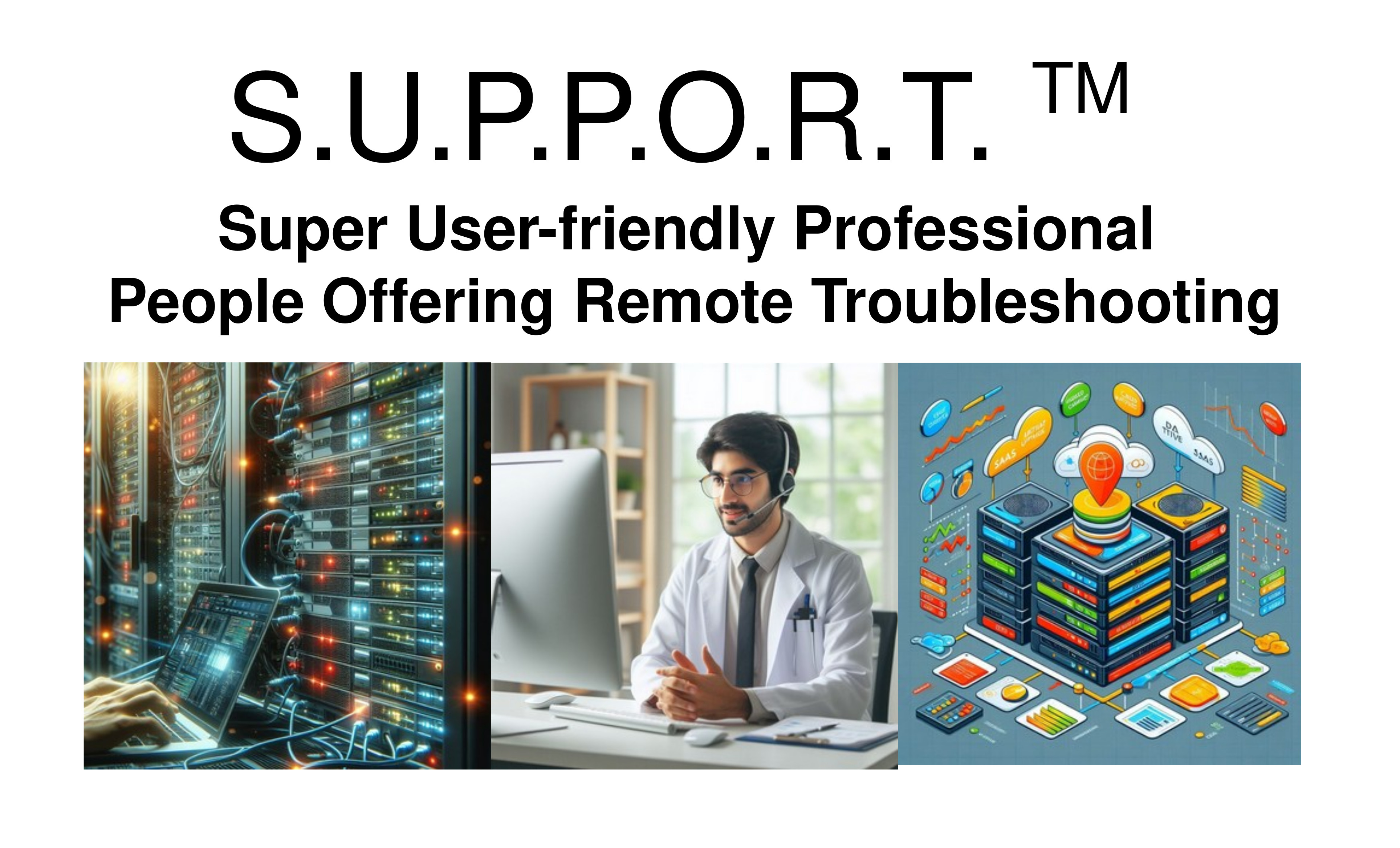Compliance Management Services
Compliance Management is crucial for organizations to ensure
that their IT systems and processes adhere to relevant
regulations and industry standards. This not only helps mitigate
risks associated with non-compliance but also builds trust with
stakeholders and customers.
A. Regulatory Compliance
Description:
Regulatory Compliance involves ensuring that an organization’s
IT systems and processes comply with laws, regulations, and
standards relevant to their industry. Examples of such
regulations include the General Data Protection Regulation
(GDPR) for data protection in the European Union and the Health
Insurance Portability and Accountability Act (HIPAA) for
healthcare information in the United States.
Key Features:
- Regulatory Analysis: Assessing the
applicable laws and regulations affecting the organization’s
operations and data management practices.
- Policy Development: Creating and
implementing policies and procedures that align with
regulatory requirements.
- Risk Assessment: Identifying potential
risks associated with non-compliance and developing mitigation
strategies.
- Training and Awareness: Conducting training
programs for employees to ensure they understand compliance
requirements and their responsibilities.
- Monitoring and Reporting: Continuously
monitoring compliance status and preparing reports for
internal stakeholders and regulatory bodies.
Benefits:
- Reduced risk of legal penalties and fines associated with
non-compliance.
- Enhanced reputation and trust with customers and partners.
- Improved operational efficiency through established
compliance protocols.
B. Audit Support
Description:
Audit Support involves providing assistance during internal and
external audits to demonstrate compliance with industry
standards and regulatory requirements. This support ensures that
the organization can effectively showcase its adherence to
established protocols.
Key Features:
- Preparation Assistance: Helping
organizations prepare for audits by ensuring all necessary
documentation and evidence are in place.
- Mock Audits: Conducting internal audits to
identify gaps and areas for improvement before the actual
audit takes place.
- Compliance Documentation: Maintaining
comprehensive documentation that outlines compliance
processes, controls, and evidence of adherence.
- Interfacing with Auditors: Acting as the
point of contact during audits, facilitating communication
between auditors and organizational staff.
- Post-Audit Support: Assisting with the
implementation of any recommendations or corrective actions
identified in the audit report.
Benefits:
- Increased readiness and confidence for audits, resulting in
smoother processes.
- Identification of compliance gaps that can be addressed
proactively.
- Enhanced understanding of compliance requirements across the
organization.
Conclusion
Effective Compliance Management, encompassing Regulatory
Compliance and Audit Support services, enables organizations to
navigate the complex landscape of regulations and standards. By
establishing robust compliance practices, businesses can
mitigate risks, ensure data integrity, and foster a culture of
accountability and transparency.

